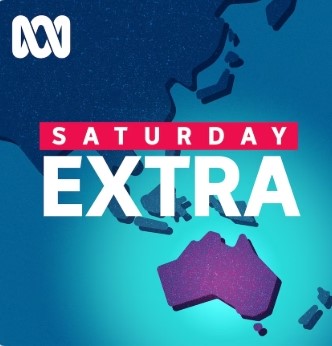Sydney Morning Herald | Comment | July 2, 2016
In Australia, our cities are gleaming, our beaches glowing, and our politics pathetic. Cheap point scoring and sloganeering have become hallmarks of modern democracy, yet many people are turned off by these antics. But it’s no one’s fault. It’s systemic. We’ve all been weaned on the ideas contest/the robust debate – government versus opposition.
For the past five years, the Lowy Institute has found that young people, in particular, don’t value our democracy. These 18 to 29-year-olds are impatient with their governments, and their attitude can be justified. For most of their adult life they’ve seen politicians bicker over important issues.
Australia’s longest serving prime minister, Robert Menzies, once declared: “The art of politics is to convey ideas to others…to persuade a majority to agree.” However, the raison d’etre of democracy is not as a debating society – it’s about social cohesion.
“Ideas should be neutral,” pronounced the French/Romanian philosopher, Emil Cioran, “yet man animates these ideas with passions and follies. Impure and turned into beliefs, they take on the appearance of reality, and so the passage from logic is consummated. Thus are born ideologies, doctrines, and bloody farce.”
The young want quick results, but institutions don’t change overnight. As Christopher Hitchens said: “The evidence of our own evolution had to be broken to people very gently.”
It’s usually up to the next generation to embrace change: every age is a dream that is dying, or one being born. The young interpret and find new meaning, while the old advocate for the status quo. Such is the nature of conservatism.
After Heraclitus declared that the only constant is change, came Socrates who said, “I know that I don’t know, and I believe in the value of dialogue.” Two candidates on different sides of an issue, each attacking the ideas of their adversary, may make for compelling theatre, but it’s hardly dialogue and it’s not really seeking the truth. Modern-day elections are little more than a naked, brutish struggle for control, tainted by campaign funding and lobby groups, masquerading as a contest of ideas.
Buried within its history is the kernel of what made Demokratia, arguably, the greatest of human inventions. For the first time, people of all classes came together not to persuade others, but to agree among themselves. Constituted by lot – as in a jury – the Athenian Council was open to all men, rich and poor: inclusive and deliberative from the outset.
The democracy we know today was born as the preserve of the patrician class. The American founding fathers described their first Congress as a “natural aristocracy”, exclusively made up of landed gentry. Today’s parliaments may champion the universal franchise, but they remain contested spaces, wherein candidates seek to undermine their counterparts, poisoning our whole civil dialogue in the process.
In this dismal malaise, the practical successes of citizen juries demonstrate how we might constitute our parliaments differently; away from the pervasive groundhog day of adversarial politics. Citizen juries are redefining what has hitherto been understood to be democratic engagement – not as elections, referendums, town hall meetings or focus groups, all of which provide limited space for consensus building. When a truly representative group of citizens are afforded the opportunity to meet and deliberate, they find common ground.
In 2012, the Irish held a constitutional convention to review their government. They adopted an unconventional approach: two-thirds of the delegates were randomly selected citizens. We could do something similar here, as we think Australians would value that review.
The newDemocracy Foundation is offering a donation to democracy of up to $5 million to kick-start a citizens’ convention of 350 randomly recruited citizens to consider the question: “How can we do democracy better?”
Our offer is to the people of Australia, and to all members of Parliament, to help realise this ambition.
Democracy is not just a Third World problem, about downtrodden people in the developing countries like Egypt, Somalia or Turkmenistan, where candidates are killing their opponents in bloody tribal campaigns; or in India, Malaysia or Indonesia, where vote-buying and corruption are the handmaidens to elections.
It’s also a First World problem, where the cities may be gleaming, elections free and fair, but where people, especially the young, are losing faith in their parliaments.
Luca Belgiorno-Nettis
Founder + Director
newDemocracy



